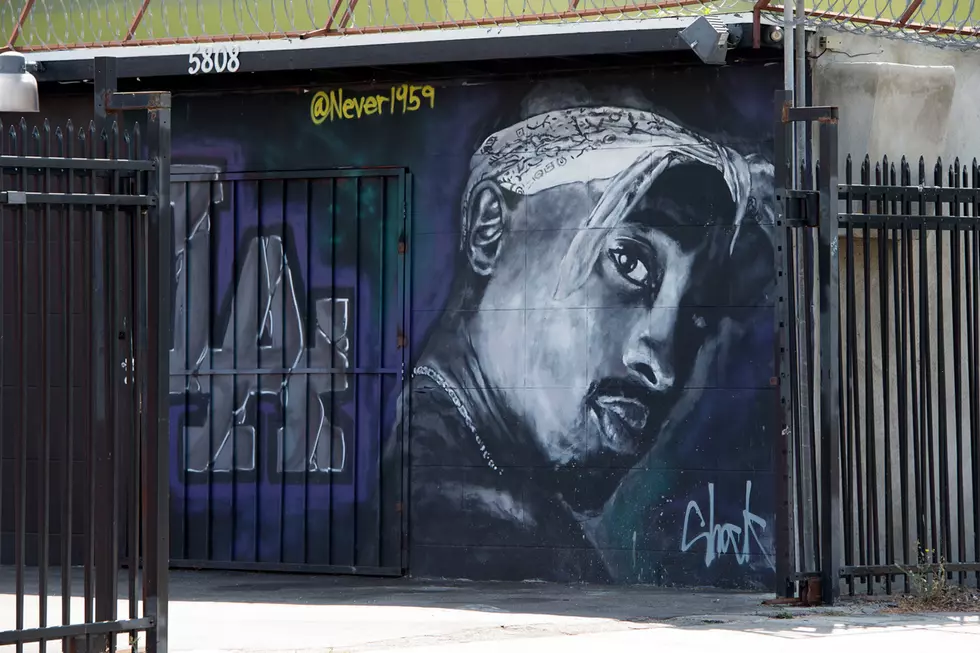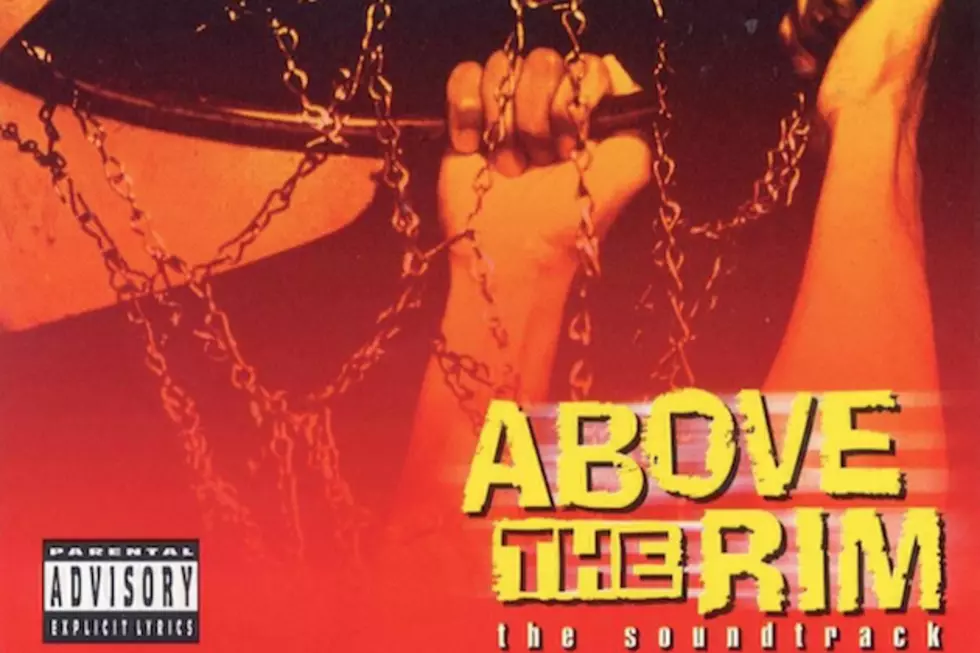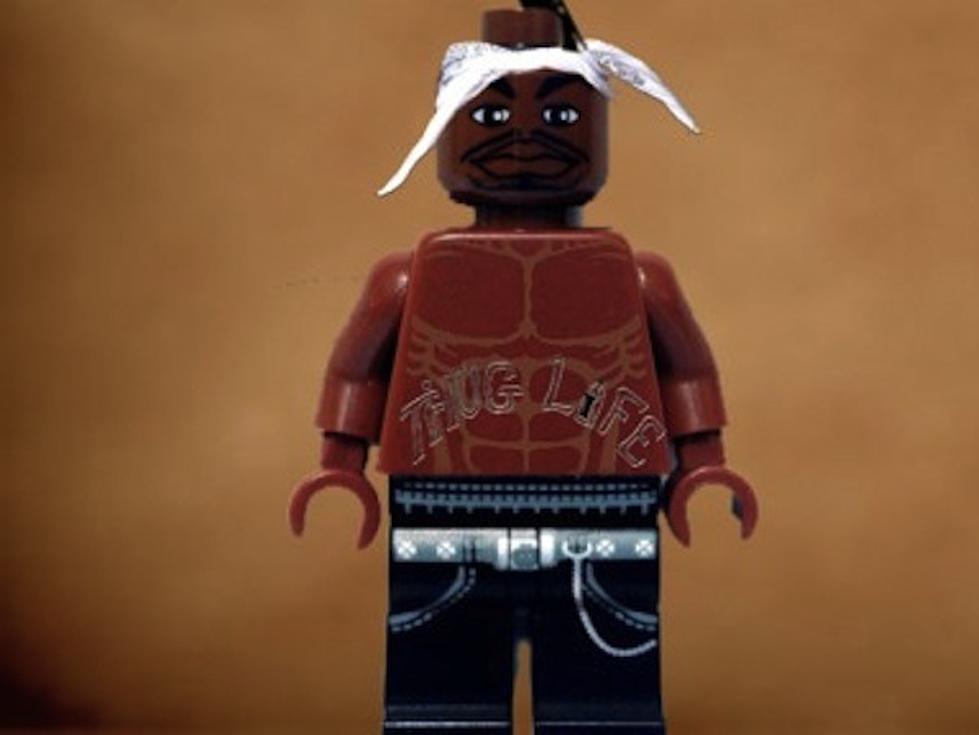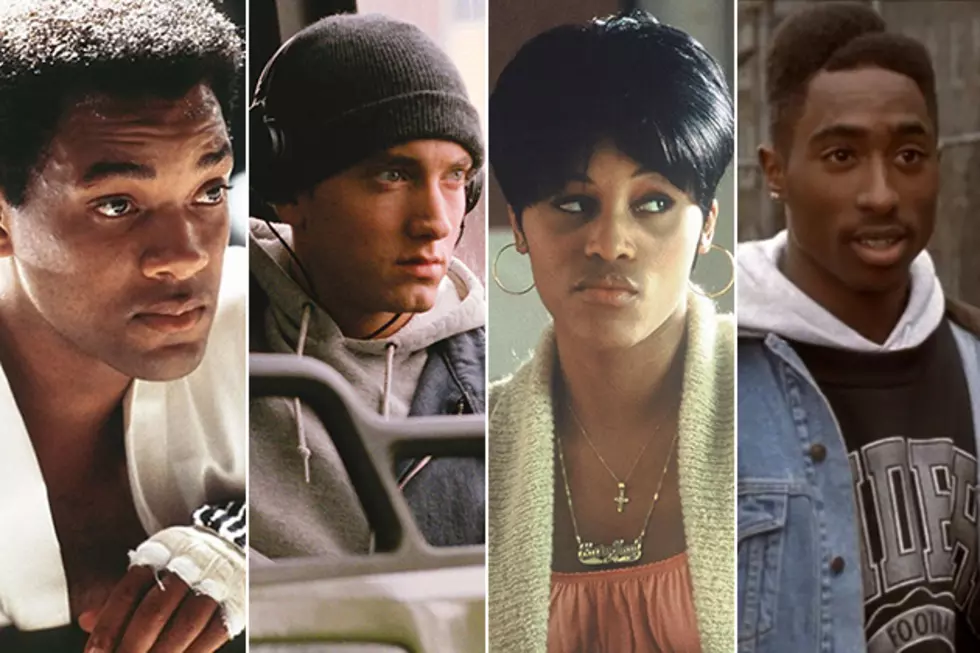
Why 2Pac’s Shooting Still Haunts Hip-Hop
Tupac Shakur's shooting on Sept. 7, 1996, which ultimately led to his death six days later, remains one of the most impactful moments in hip-hop history.
While rap had certainly already witnessed its share of death — starting as early as 1987 with the tragic murder of Boogie Down Production's Scott La Rock — when Pac died, it rocked the hip-hop community to its very core. He was already a larger-than-life figure, rap's biggest star and one of the most recognizable musicians in America.
He was also shrouded in controversy, thanks to the time he spent in prison for sexual assault, his shootout with Atlanta police and other run-ins with the authorities he railed against in his songs. There was a dark cloud that seemed to follow him wherever he went.
2Pac's life and music were inextricably intertwined; he explored the often violent consequences of systemic oppression faced by the black community and the expressed the longing of black people, black men in particular, to be free. Add that to his recurring, vivid musings on death (even going as far as to depict his death in the video for "I Ain't Mad At Cha"), and it's understandable how an air of mystery came to define much of 2Pac's legacy.
Those musings weighed heavily on people's minds when word got out that he'd been shot on the strip in Las Vegas, riding in the passenger seat of a car driven by Death Row CEO Suge Knight. They weighed heavier when he died, at only 25 years old.
He had cheated death before. Only two years prior, in 1994, he had survived being shot five times during a botched robbery at a New York recording studio. His aura of invincibility made him seem beyond death; it was a circumstance that added to his legend, his voice — a voice for the disenfranchised, a leader who wasn't afraid to literally fire back at crooked law enforcement. When he died, it rocked black communities because it meant he was human.
For over 20 years now, rumors and elaborate conspiracies about Pac's murder — which remains unsolved — have circulated, only adding to his legend.
The "2Pac Is Alive in Cuba" Theory
It didn't take long for people to whisper that 2Pac had faked his own death, and the conspiracy theories were wild, indeed.
The 2Pac album Death Row released just after his death was called The Don Killuminati: The 7 Day Theory, and credited to “Makaveli,” a name derived from the Italian diplomat and war strategist, Niccolò Machiavelli. It turns out, if one rearranges the letters in Makaveli, it spells “Am Alive K."
Fans also wondered why Pac wasn't wearing a bulletproof vest — which he typically did — the night he was shot. Or why the coroner listed him as being 6 feet, 215 pounds when in reality he was 5’10" and 168 pounds. Or how he was shot on the strip in Las Vegas the night of a Mike Tyson fight, and no one saw the shooter.
One rumor had him seeking asylum in Cuba, as his godmother, the Black Liberation Army member Assata Shakur (JoAnne Chesimard) had, after escaping from the prison where she had been sentenced for aiding in the killing of a police officer.
In 2014, Suge Knight, who is in prison awaiting trial for murder, told TMZ: “Why you think nobody been arrested if they said they the one that killed Tupac? Because Tupac [is] not dead. If he was dead, they’d be arresting those dudes for murder. You know he’s somewhere smoking a Cuban cigar on an island.”
There was also the theory that Pac faked his death because he helped the CIA take down Death Row Records, a claim the CIA disputed in 2014.
Suge Knight Theory
After his death, fans pored over the lyrics on The Don Killuminati: The 7 Day Theory, looking for clues about his death. On "Bomb First," many fans believed that Pac whispered "Suge shot me," though it was later debunked.
Still, the rumors that Knight was involved in Pac's murder persisted, especially when it was revealed that 2Pac had plans to follow in Dr. Dre's footsteps, and leave Death Row. Knight has always denied involvement. In fact, in 2017, Knight supported a documentary that suggested that his ex-wife, Sharitha Golden, and Reggie Willis Jr., the former head of security for Death Row Records, had actually plotted a hit on him in order to gain control of the label. Golden publicly denied the accusation.
2Pac's Lyrics Seemed to Allude to His Death
2Pac seemed to allude to his own death in his lyrics. Yes, he'd frequently rapped about dying, but some of his later lyrics seemed much more deliberate, and eerily specific.
One Bay Area vet and frequent collaborator, Richie Rich, had Pac guest on his 1996 song, "Niggaz Done Changed." Pac rapped: “I’ve been shot and murdered, can’t tell you how it happened word for word, but best believe that niggas gonna get what they deserve.”
And on "Life Of An Outlaw" from his Makaveli album, Pac raps: "All for the street fame on how to be managed, to plan shit, six months in advance to what we plotted, approved to go on swole and now I got it.”
Hollywood's Fascination
The most mysterious aspect of 2Pac's death is that it remains unsolved. All the rumors, theories and suspicions about his death have "Hollywood" written all over them, and to that end, there've been several TV shows and films made about his unsolved murder, including USA's Unsolved: The Murders of Tupac and The Notorious B.I.G., Fox's Who Shot Biggie & Tupac? and Johnny Depp's recently shelved film, City of Lies. The continued Hollywood attention keeps the legacy and mystery alive.
Beyond the mystery that surrounded his murder, because Pac was taken at only 25, and his presence was so powerful, it's easy to begin speculating on what he would've been had he lived. What would he have to say about Black Lives Matter, or cops killing unarmed black men, or Katrina, or Kanye, or Trump? Would he chastise the young, new drug-happy rappers, or would he mentor them? Would Jay-Z's star have shined so brightly had Pac lived? It's not a stretch to say that questions like these only add to Pac's legacy.
All in all, it's easy to see how 2Pac's murder still haunts hip-hop. He was a bigger-than-life figure, that in many ways, has remained so, even in death.
Gone Too Soon: Rappers Who Have Been Murdered
More From 1025 KISS FM










